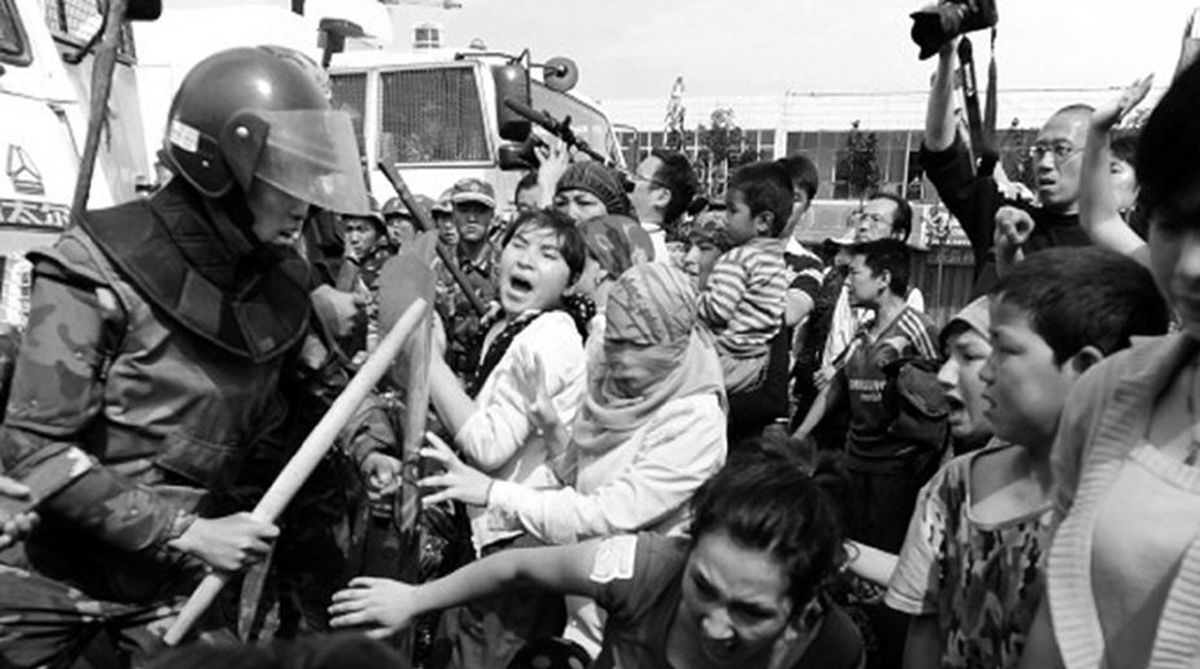China’s stout denial of the report of the UN human rights panel on the persecution of one million ethnic Uighurs in Xinjiang province is rather unlikely to convince the comity of nations.
The crisis has been festering for the past several years and has only exacerbated over time. Comparisons are odious. Yet suffice it to register that the plight of the Uighurs in China has been no less inhuman than the tragedy of the Rohingyas in Myanmar’s Rakhine province.
Advertisement
And for all the liberal winds blowing across the country, the President for-life, Xi Jinping, is yet to initiate an essay towards addressing the persecution of a Muslim minority segment.
Religion indeed is the thread that links the Rohingyas to the Uighurs. China’s claim at the UN on Monday effects a fine distinction between “terrorist crimes” and religious groups ~ “The government has launched a special campaign to crack down on extremist and terrorist crimes, but no specific ethnic or religious groups were being targeted”.
This is a feeble, even strained, defence of an ugly truth. It is a facile response to the primary charge of the UN human rights panel, specifically that it had received credible reports that as many as one million ethnic Uighurs in Xinjiang were being held in what they call indoctrination or “re-education” camps, where they can be kept indefinitely, without due process of the law.
The Chinese delegation has acknowledged the existence of education and vocational camps. The squalor is as putrid as in the refugee camps on the Myanmar-Bangladesh border.
Ethnic violence and attacks have prompted a crackdown and an intense militarisation of the western territory, home to 12 million Muslims, predominantly ethnic Uighurs. Last year, 21 per cent of all arrests in China were in Xinjiang, a territory that accounts for about 1.5 per cent of the country’s population.
Human rights advocates claim they are routinely detained in internment camps, prevented from travelling freely and arrested. The anti-religion drive becomes pretty obvious with reports that the authorities have banned long beards, veils and Islamic robes.
China’s response signifies a shift from blanket denial of the existence of the horrific camps, indeed a shift that has been prompted by the UN report and within 72 hours.
This is the first time that the issue of camps in Xinjiang has been raised at the world body. The UN report can be contextualised with the assessment of Western observers, notably that Xinjiang has been turned into an Orwellian police state and hundreds of thousands of Uighurs have been locked away in concentration camps for what the state calls “transformation through education”.
The plot thickens with reports that the authorities in Beijing are planning to demolish the Grand Mosque in north-western Weizhou. It is overall the tragedy of a repressed religion.









